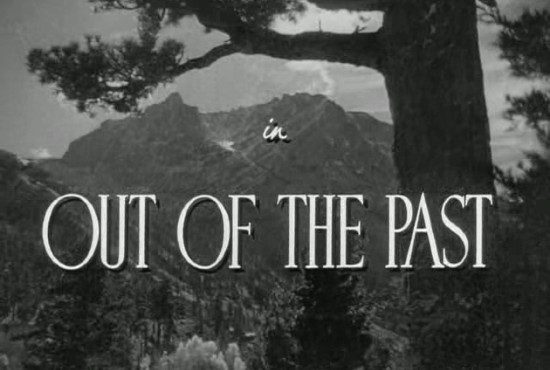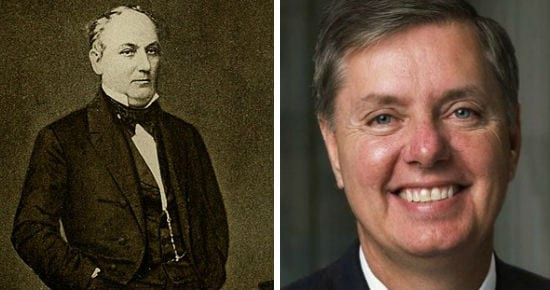I realize that Pearl Harbor Day was yesterday, but it’s December 8 and I’m only five days into my Advent Calendar, so I’m playing catch-up here. And in any case, today still works as an anniversary hook because it was this day, 74 years ago, that President Franklin D. Roosevelt delivered his “date which will live in infamy” speech to Congress.
On December 7, 1941, the military of imperial Japan launched a surprise attack on unsuspecting American battleships at a base in Hawaii. This was an “infamous” deed, however, because at the time Japan and the U.S. were not at war. That meant that, despite Japan’s focus on a military target, it was still an attack on non-combatants.
That was the rule or principle at stake. That is what made the difference between a brilliant attack executed with fearsome effectiveness and an act of “infamy” — of shameful, disgraceful evil.
Any such talk of rules or laws of war leads us somewhere strange. It’s not as though there are referees or traffic cops in war who can enforce such rules or laws. War crimes can only be judged after the fact — after one side or the other has won. This leads to the dubious situation in which war crimes can only be prosecuted by victors, and thus it becomes an incentive for more, and for more extreme, “war crimes,” since no such violation of the “rules” will ever be condemned if it results in victory.
 But there’s still a sense in which these rules and laws are inescapable, whether or not there ever exists any official authority to enforce them or to punish their violation. These are not the kind of rules that carry legal consequences but, rather, the kind of rules that carry consequences of identity. It is always possible to “get away with” attacking non-combatants. Attacking non-combatants may, sometimes, be militarily effective. It may, sometimes, lead to military victory that ensures no one will have the power to punish or impose sanctions against such a “forbidden” act. And yet it remains impossible to violate this rule without becoming a violator of this rule. Which is to say, more bluntly, it remains impossible to attack non-combatants without defining oneself as a complete asshole, a coward, and a shameful murderer.
But there’s still a sense in which these rules and laws are inescapable, whether or not there ever exists any official authority to enforce them or to punish their violation. These are not the kind of rules that carry legal consequences but, rather, the kind of rules that carry consequences of identity. It is always possible to “get away with” attacking non-combatants. Attacking non-combatants may, sometimes, be militarily effective. It may, sometimes, lead to military victory that ensures no one will have the power to punish or impose sanctions against such a “forbidden” act. And yet it remains impossible to violate this rule without becoming a violator of this rule. Which is to say, more bluntly, it remains impossible to attack non-combatants without defining oneself as a complete asshole, a coward, and a shameful murderer.
YNATKC. Deliberately targeting non-combatants might help you win, and if you win then you’ll assuredly never be punished for doing that which is not “allowed.” But you’ll be infamous. You will have defined yourself, undeniably, as a gaping asshole. And everyone will know it, including you.
That’s what makes FDR’s “infamy” line so memorable. He was saying what everyone knew to be true, wholly apart from any question of military effectiveness or winning or losing of battles.* He was reminding everyone on all sides of every war that the rules exist and that they matter, not just when it comes to reputation, but when it comes to identity. The consequence of breaking those rules isn’t that others will call you infamous, but that you will be infamous regardless of what you or they or anyone else says.
Again, though, note what it was that made the attack on Pearl Harbor infamous: It was an attack on non-combatants. If Japan and the U.S. had already been at war, such an attack on a vital military installation would not have been against the “rules.” We recognize and reinforce that every time we refer to that attack as “Pearl Harbor Day.” It wasn’t an attack on Honolulu, or on Hawaii, or on America. It was an attack on Pearl Harbor — on a military target.
We no longer seem to bother with such precise distinctions when we talk about war. Look at the recent debate in the UK over the British government’s decision to begin bombing “Syria.” Drill down and you could find voices in that debate discussing this as a question involving declarations of war against specific military opponents, but in much of the press and, dismayingly, much of the Parliament, the whole discussion was “Bomb Syria: Yes or No?”
This was particularly dumb when it comes to the situation in Syria, where the civil war involves a bewildering multiplicity of factions and where the enemy of our enemy is often still our enemy (for any given value of “our”). Just a few years ago, the U.S. and the U.K. were debating whether or not to “Bomb Syria,” by which they seemed to mean, at that time, to launch airstrikes attacking the regime of Syrian dictator Bashar al-Assad. The current “Bomb Syria” debate seems to be about airstrikes attacking Assad’s foes — Daesh/ISIS/ISIL, which would likely strengthen the hand of the Bad Guy we wanted to Bomb Syria to get rid of just a couple of years ago.
But my point here isn’t only that our crude language of “Bomb Syria” is disastrously over-simplified and liable to make a complicated, no-good-options situation even worse. My point here is that this “Bomb Syria” language is infamous. And that talking like this makes us infamous.
The imperial Japanese military attacked Pearl Harbor. We want to “Bomb Syria,” or to “Bomb Iraq,” or to bomb some other entire country as a whole. That’s infamous talk. That’s against the rules.
– – – – – – – – – – – –
* The rest of the speech is memorable too, but I sometimes prefer John Rogers’ pithy summary of it: “Oh, I’m sorry, was wiping out our entire Pacific fleet supposed to intimidate us? We have nothing to fear but fear itself, and right now we’re coming to kick your ass with brand new destroyers riveted by waitresses. How’s that going to feel?”
















